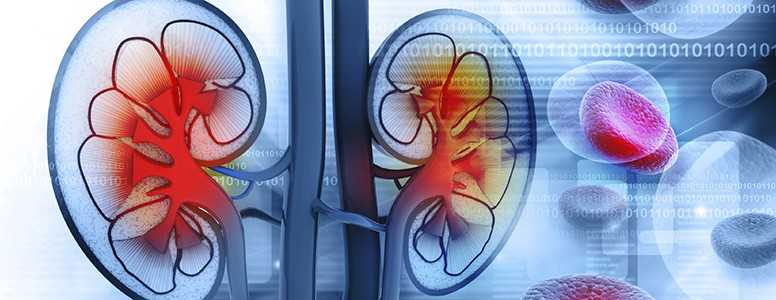Hearts age at different rates in men and women, according to new research.
The study, conducted by researchers at Johns Hopkins University, indicates that men and women may need to be treated differently for heart disease.
Does the heart age differently in men and women?
The study used magnetic resonance imaging (MRI) to demonstrate the changes undergone by the heart as it ages. When the researchers examined the MRI scans of 3,000 adults, they found that the aging process was significantly different between men and women, particularly in the function of the left ventricle.
Uniquely, this study involved multiple scans of the same patients, taken a decade apart. This allowed the researchers to look at the aging process of specific hearts.
“We had the opportunity to re-examine the same people after 10 years so that we could see what happened to their hearts after a decade,” said John Eng, lead researcher and Associate Professor of Radiological Science at Johns Hopkins University. “This is a more reliable way to assess left ventricular changes over time.”
“Thicker heart muscle and smaller heart chamber volume both portend heightened risk of age-related heart failure, but the gender variations we observed mean men and women may develop the disease for different reasons.”
The researchers concluded that heart disease drugs, which reduce the thickness of heart muscles, may benefit women a lot less than men.
Senior author Joao Lima, Professor of Medicine and Radiological Science at Johns Hopkins, said: “Our results are a striking demonstration of the concept that heart disease may have a different pathophysiology in men and women and of the need for tailored treatments that address such important biologic differences.”
The findings were published in Radiology.
Diabetes and the heart
Heart disease is one of the most common complications of diabetes, and is the cause of death for 80 per cent of people with diabetes. More than half of people with type 2 diabetes will have signs of heart disease when they are diagnosed.
Diabetic heart disease is caused by high blood glucose levels. These combine with free fatty acids in the blood, and this process can change the makeup of blood vessels. The lining of the blood vessels may thicke, which can impair blood flow.
What's new on the forum? ⭐️
Get our free newsletters
Stay up to date with the latest news, research and breakthroughs.








